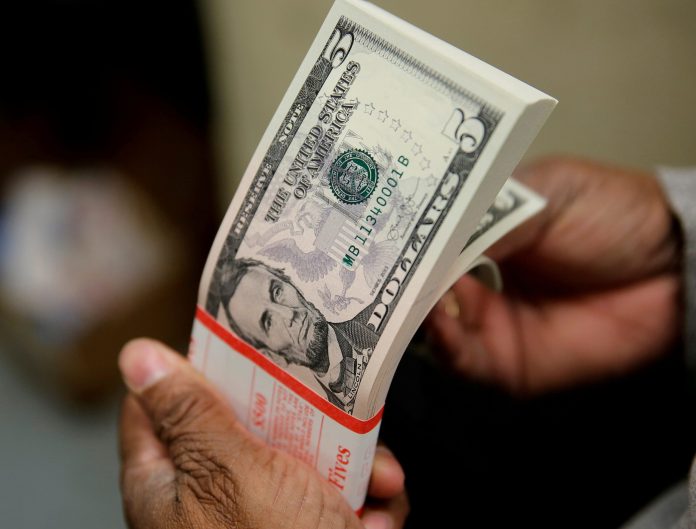MOGADISHU, Somalia – Somalia’s al-Shabab militant group continues to preside over one of the world’s most lucrative insurgent economies, generating between $100 million and $200 million a year despite sustained military and financial pressure, according to new research.
The Islamist faction, al-Qaeda’s most powerful African affiliate, has developed a diversified and resilient revenue system that rivals the fiscal capacity of the Somali state itself, the Combating Terrorism Center (CTC) at West Point said in its latest assessment.
Al-Shabab’s income is rooted in forced taxation, extortion, smuggling, ransom payments, and money laundering. Its taxation system, modeled on state practices, reaches deep into Somalia’s formal and informal markets.
Businesses in Mogadishu and other government-held cities are compelled to pay protection fees, while merchants, farmers, and truck drivers across rural areas are subjected to zakat levies at checkpoints. The group also profits from the illegal charcoal trade, livestock commerce, and illicit imports.
“Al-Shabab has embedded itself into Somalia’s economic fabric, creating a shadow state that extracts revenue from both rural strongholds and urban centers,” the CTC report said.
Counterterrorism pressure
Washington and its allies have intensified efforts to weaken the group’s financial lifelines. U.S. Africa Command (AFRICOM) has carried out 81 strikes in Somalia this year, while Somali forces have launched ground offensives in central and southern regions.
In April, the United States and the Gulf-based Terrorist Financing Targeting Center sanctioned 15 al-Shabab financiers and operatives, accusing them of sustaining the group’s networks.
Yet the group’s economic apparatus has proved remarkably resilient. Its decentralized collection system continues to function even when senior leaders are sanctioned or killed, ensuring a steady stream of funds to maintain its insurgency.
Over the past year, Somalia’s own institutions have tightened their controls. The Central Bank of Somalia has introduced new regulations on informal money transfer networks, requiring hawalas to register under the country’s updated Anti-Money Laundering and Counterterrorism Financing (AML/CFT) framework.
The Financial Reporting Center (FRC), Somalia’s independent financial intelligence unit, has conducted joint operations with law enforcement to track suspicious transactions and freeze accounts linked to al-Shabab facilitators.
Since 2025, authorities have frozen hundreds of accounts belonging to suspected tax collectors and intermediaries operating between Mogadishu, Kismayo, and Baidoa.
The Attorney General’s Office and the Benadir Regional Court have also initiated prosecutions for terror financing, marking one of the most significant pushes by Somali institutions to choke off the militants’ cash flow.
Anchoring al-Qaeda’s global network
Despite these pressures, al-Shabab remains one of al-Qaeda’s most effective and financially powerful affiliates. The group fields 10,000 to 18,000 fighters, pays regular salaries, and invests in governance-like services in the territories it controls, reinforcing its legitimacy among some local communities.
Its wealth enables it to procure arms, recruit fighters, and sustain a regional footprint that includes attacks in Kenya and ties with Yemen’s Houthi rebels, who have reportedly provided training and weapons in exchange for maritime operations.
The CTC report concludes that while al-Qaeda’s central leadership has weakened, its African affiliates — especially al-Shabab in Somalia and Jama’at Nusrat al-Islam wal-Muslimin (JNIM) in the Sahel — now anchor the network’s global operations.
“In Somalia, the militants’ ability to collect and spend at scale has turned financing into a central pillar of their war effort,” the report said.
International monitors warn that al-Shabab’s revenues rival or exceed the Somali government’s domestic tax collection, underlining the scale of the challenge facing Mogadishu. Businesses often find it easier to pay militants than risk retaliation, entrenching al-Shabab’s financial dominance.
While the Islamic State has attracted more global attention in recent years, analysts note that al-Shabab’s financial resilience makes it one of the most dangerous al-Qaeda affiliates worldwide.
“Money is the oxygen of this insurgency,” the CTC report observed. “As long as al-Shabab retains its taxation and extortion networks, Somalia will struggle to secure peace.”


